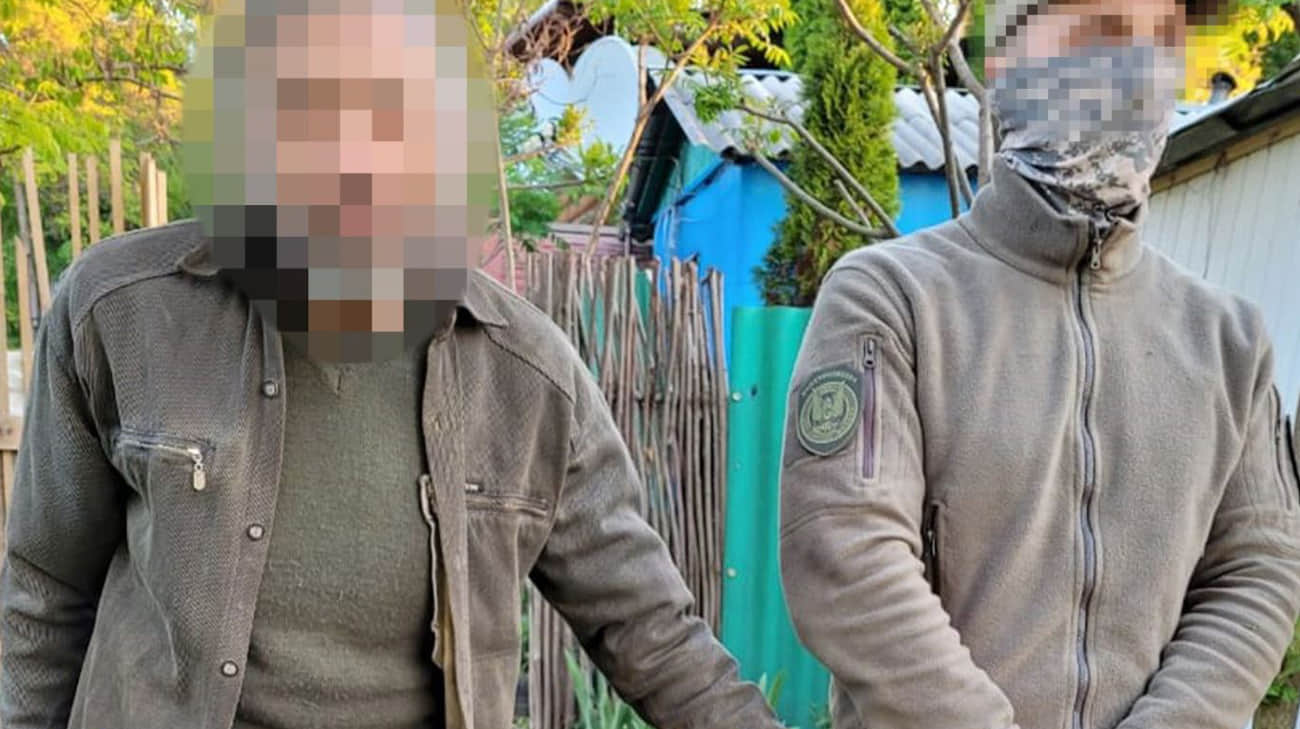It wasn’t supposed to be this way, was it?
Kremlinology is an old Cold War concept referring to the study of key individuals high up in the Soviet government. Who was in favour, who hadn’t been seen in a while, who was winning power struggles and who had been shot; Western analysts devoured such intelligence in an effort to understand who was actually in [...]


Kremlinology is an old Cold War concept referring to the study of key individuals high up in the Soviet government.
Who was in favour, who hadn’t been seen in a while, who was winning power struggles and who had been shot; Western analysts devoured such intelligence in an effort to understand who was actually in charge and what policies might emerge as a result.
Without a doubt, the British state continues to deploy considerable human and technical resources to the task of monitoring and understanding leading figures in the modern-day Kremlin, an institution every bit as paranoid and unpredictable as it was under Soviet rule.
For those interested in a slightly safer and more humane version of this game, Downing Street never fails to offer up the goods.
Despite the rather breathless insistence from some quarters that Sir Keir Starmer’s election heralded a period of stability, calm and good governance, the news of Sue Gray’s departure yesterday afternoon sent Westminster watchers into a spin.
Just three months into office, following a decisive victory and backed with a massive majority, Starmer’s government has inflicted more blows on itself than a competent opposition ever could.
Some people maintain that the seeds of this chaos were sown when Gray was plucked from the Civil Service and parachuted into Starmer’s office in the run up to the election. This is unfair, though it does speak to a tension that had become all too clear – between those who won an election, those who oversaw the transition into government, and those who run Downing Street.
Ideally, a Chief of Staff would hold all three of these power centres together. Clearly, that had not proved possible.
Gray’s successor, Morgan McSweeney, was the architect of Labour’s victory and is said to have repeatedly clashed with Gray. Meanwhile, his two newly appointed deputies will likely provide him with the kind of support base in Downing Street that his predecessor so clearly lacked.
Finally, a new “strategic communications team” is being created inside No 10, which suggests that nobody considers the government to have communicated very well up to now.
New team, new titles, new Monday morning back at the office. Will it be enough to turn things around? The Kremlinologists will be watching.
One thing’s for sure; Starmer needs his next three months to go better than the last three.



